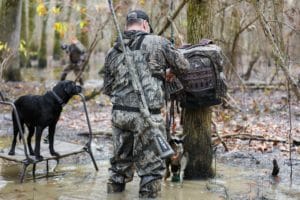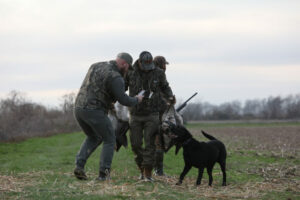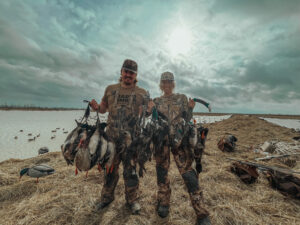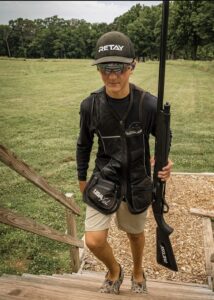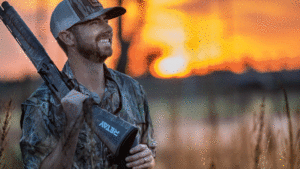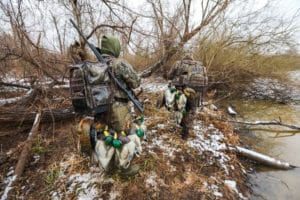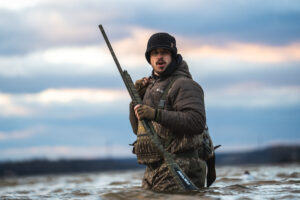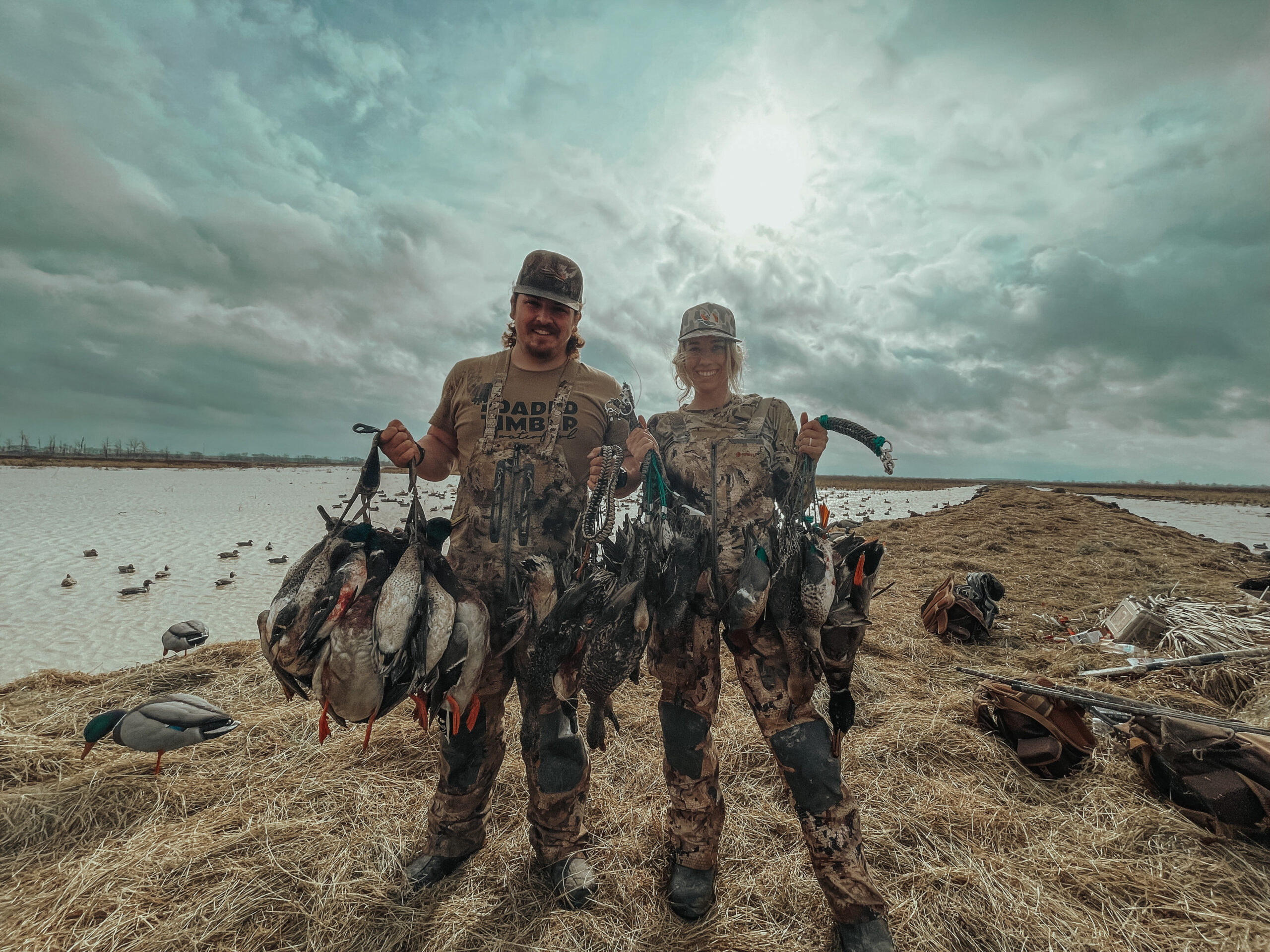
Whether you’re a novice entering the hunting world or an experienced outdoorsman looking to enhance your skills, understanding how to contribute effectively as a hunting partner is critical. In a hunting party, your actions should complement your team rather than hinder progress. This article aims to provide essential information on how you can become a valuable asset to your hunting companions through current knowledge, superior woodsmanship, and other valuable characteristics.
Current Knowledge: Staying Updated is a Prerequisite
As with any discipline, staying informed of the latest hunting strategies, technologies, and legislation is vital. In today’s digital world, a plethora of resources can assist you in gaining up-to-date hunting knowledge. Engage with online hunting forums, subscribe to hunting magazines, and follow expert hunting blogs or podcasts. Make it a habit to regularly update yourself about new hunting equipment, techniques, and wildlife conservation rules.
Being familiar with the latest hunting technologies, such as advanced GPS systems, wildlife cameras, and innovative hunting gear, can give your team a competitive edge. Moreover, understanding current hunting regulations in your region ensures your group maintains ethical hunting practices, safeguarding your team from potential legal implications.
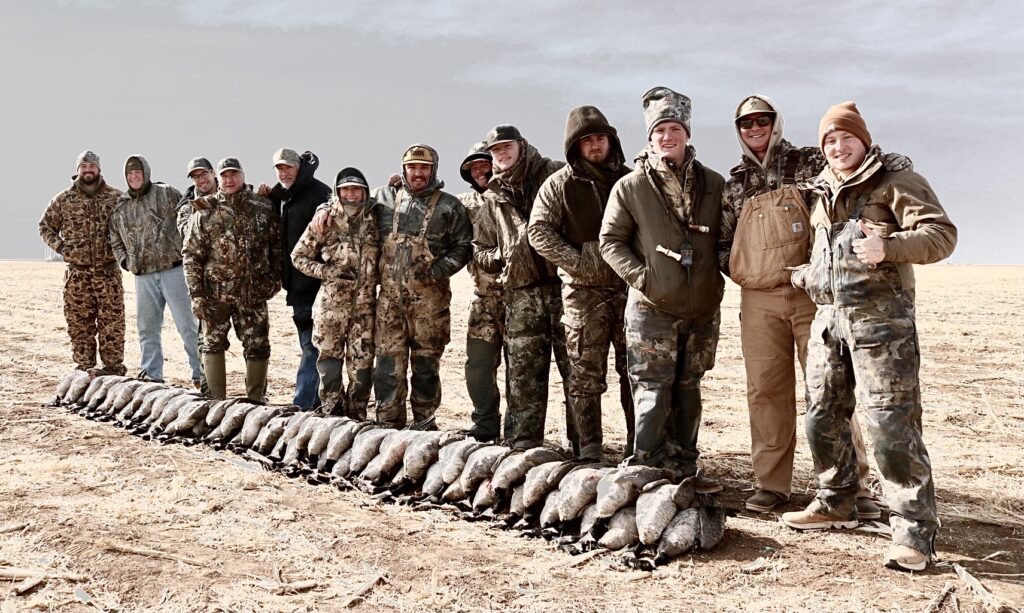
Woodsmanship: An Undeniable Asset
Woodsmanship — a term encompassing a wide array of skills, including tracking, scouting, survival techniques, and understanding wildlife behavior — is a timeless asset in hunting. Superior woodsmanship can often be the difference between a successful hunt and a fruitless trip.
Mastering navigation in various terrains and weather conditions can significantly benefit your hunting party. An adept woodsman can lead the way, ensuring that the team doesn’t get lost and that the best hunting spots are located.
Understanding animal behavior and signs can also lead to increased hunting success. Knowing when and where game is likely to be, deciphering tracks and signs, and understanding animal mating, feeding, and sleeping habits can provide your team with crucial information.
Survival skills, such as making fires, finding water, and providing first aid, are also essential, as hunting often occurs in remote areas. Being able to handle emergency situations effectively can be life-saving, making you an invaluable hunting party member.
Other Qualities: Teamwork and Communication
Beyond current knowledge and woodsmanship, certain interpersonal skills can enhance your value as a hunting partner. Effective communication is vital. A great hunting partner knows when to talk, listen, and remain silent. Communication ensures that everyone in the group understands the plan and their roles, leading to safer and more effective hunting.
Teamwork, similarly, is non-negotiable. Hunting is a cooperative endeavor, requiring each member to contribute their skills while working towards a shared goal. A good hunting partner recognizes their strengths and weaknesses and understands how they fit within the team dynamics.
Lastly, a great hunting partner should demonstrate responsibility and respect – towards fellow hunters, the animals being hunted, and the environment. This includes following ethical hunting practices, maintaining a clean campsite, and displaying a strong commitment to wildlife conservation.
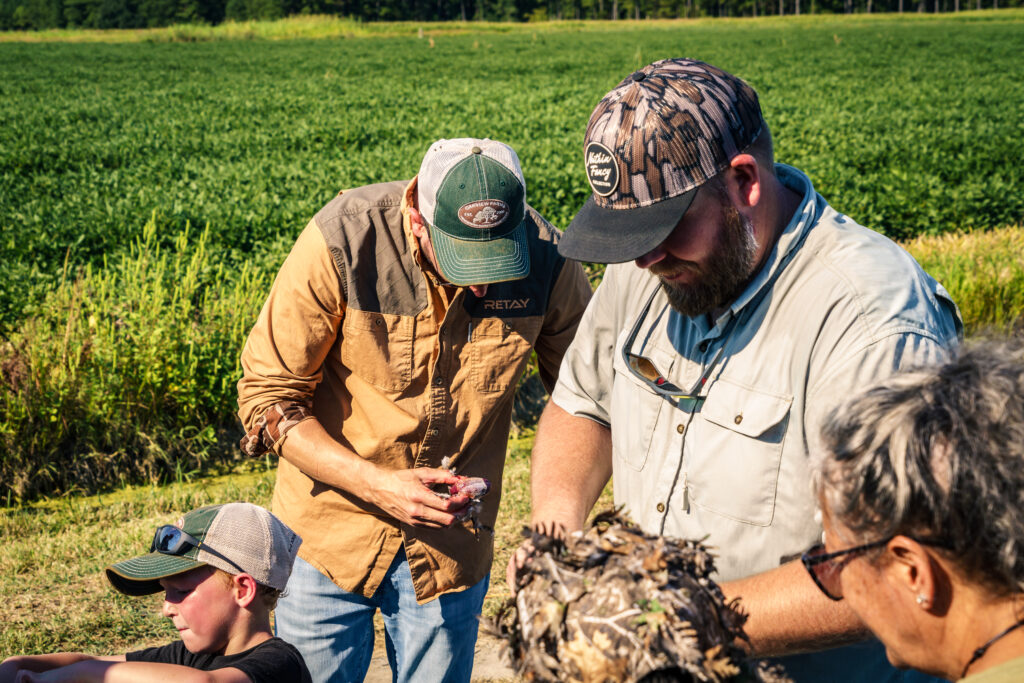
Final Shot
In summary, becoming an asset rather than a hindrance as a hunting partner involves a combination of staying updated with current knowledge, honing your woodsmanship skills, and fostering valuable interpersonal traits. In doing so, you not only increase the chances of a successful hunt but also make the experience more enjoyable and rewarding for everyone involved. Remember, a valuable hunting partner is not born overnight but through continuous learning, practice, and experience.
